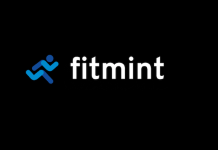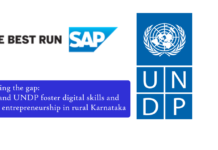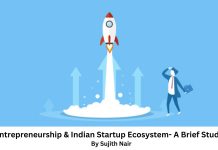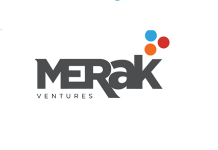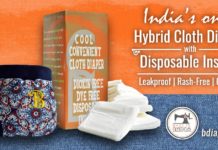Papppco uses sugarcane, bamboo and wheat straw to manufacture disposable plates, glasses and spoons. It remoulds bagasse to a kind of paper and uses it to make the cutlery
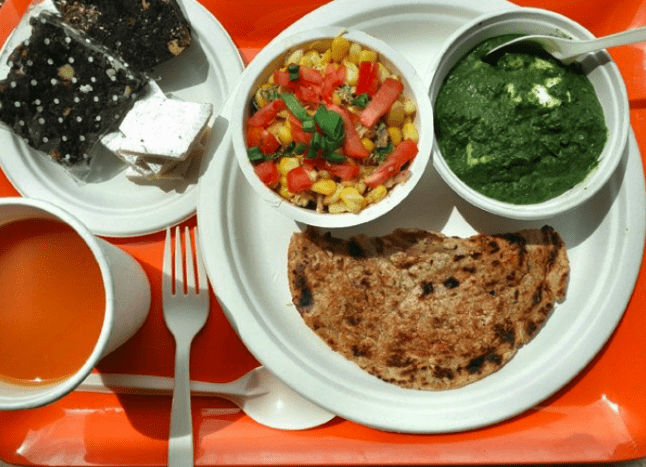
Sugar cane juice outlets are a common scene in India during summer. A glass of juice costs just Rs 20, and it is considered a heathy drink. The juice also has good medicinal value; it is best for diabetic patients as it can reduce sugar level in your blood.
But do the benefits of sugar cane end just there? Have you ever thought of the crushed waste that comes out of the indigenously-made machine after the extraction of the juice?
In most cases, the vendor dumps it on the roadside, while for some, it is a great natural fertiliser; farmers use it in farmlands. For us, the ordinary folks, it is nothing but a waste.
But For Abhishek Agarwal, this was a billion-dollar opportunity. Agarwal, who comes from an environment-conscious family, has successfully converted the bagasse into an innovative business idea. And for the same, he has been receiving accolades.
Pappco Greenware was started by Agarwal, with his father Anil and US-educated brother Aadesh. Its mission is to make India green and address the huge plastic problem in the country.
“Pappco is a step towards a greener India. We are here to provide green solutions for the simpler products that we use in our daily lives and businesses,” the company says on its website. “With a product range made from 100 percent compostable plant-based raw materials, we are providing low- impact and non-toxic products for your food packaging needs.”
Papppco uses sugarcane, bamboo and wheat straw to manufacture disposable plates, glasses and spoons. It remoulds bagasse to a kind of paper and uses it to make the cutlery.
In addition, it also uses bamboo and wheat straws.
In an interview to The Better India, Agarwal said that the company’s core value is that it produces disposable cutlery, which comes from plants, not plastic.
Agarwal, who was involved in project management in the past, got the idea of Pappco from Singapore, where he saw such environment-friendly products. He wanted to replicate the idea back home. While many countries export such products, the best ones came from China, where a ban on plastic and thermocol was already on.
Abhishek says that with the greater awareness about the harmful effects of plastic, the company is now seeing massive opportunity.
While a plastic plate is 90 percent air and is easily bendable, Pappco’s greenware is firm and can stand a reasonable amount of weight. Pappco products can be used in a microwave and reused, and then disposed of safely.
Agarwal says that while the greenware is a bit costly compared to plastic cutlery, the environmental benefits far outweigh the price considerations.
“Today when we use a disposable, it is convenient for us, but it is terrible for the planet. We need to somehow expand the extent of this convenience to include our environment and those living around us. We must design newer materials that do not poison the planet and at the same time we must adopt measures that make it ‘inconvenient’ to trash single-use products without proper attention,” the firm said in a blog post.
“We sometimes get too fixated on the economics of things and the price points which really suppresses our ability to find a solution. For us the problem is plastic, it is the pollution, the death of life — ours and of other animals, and our concern should be the well-being of the planet. If this has to come at the cost of an entire economy driven by plastic manufacturing then, it may well be so. We can’t regard the economy as important while drafting this solution because frankly for the economy plastics are not bad and we will once again fail to see the problem,” it added.
Pappco’s products are available at some leading offline retailers in India, in addition to e-commerce giant Amazon.









